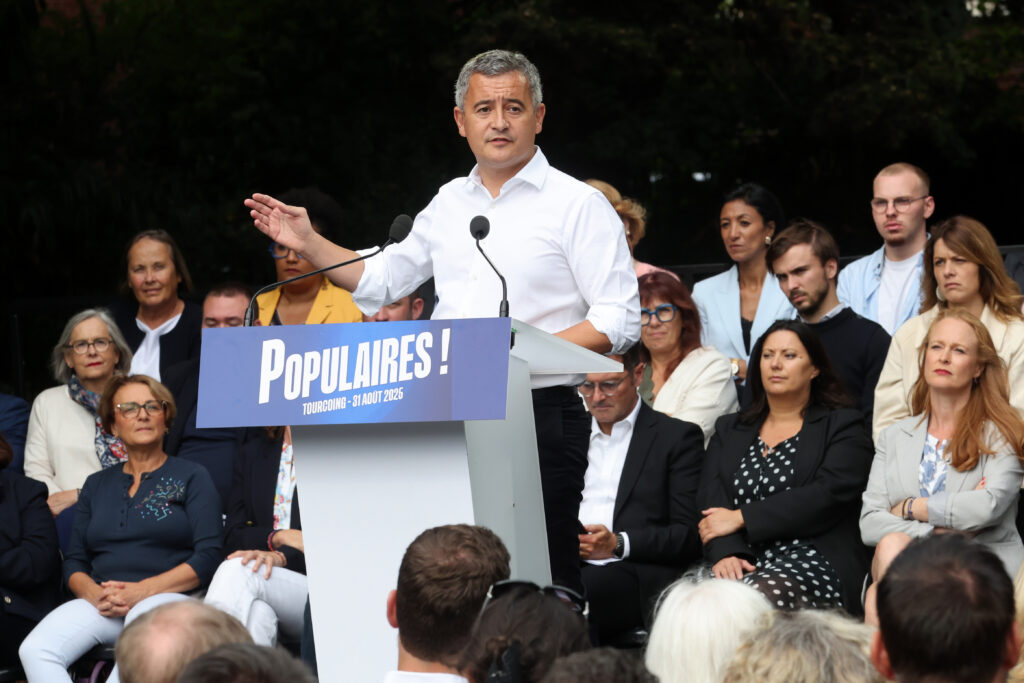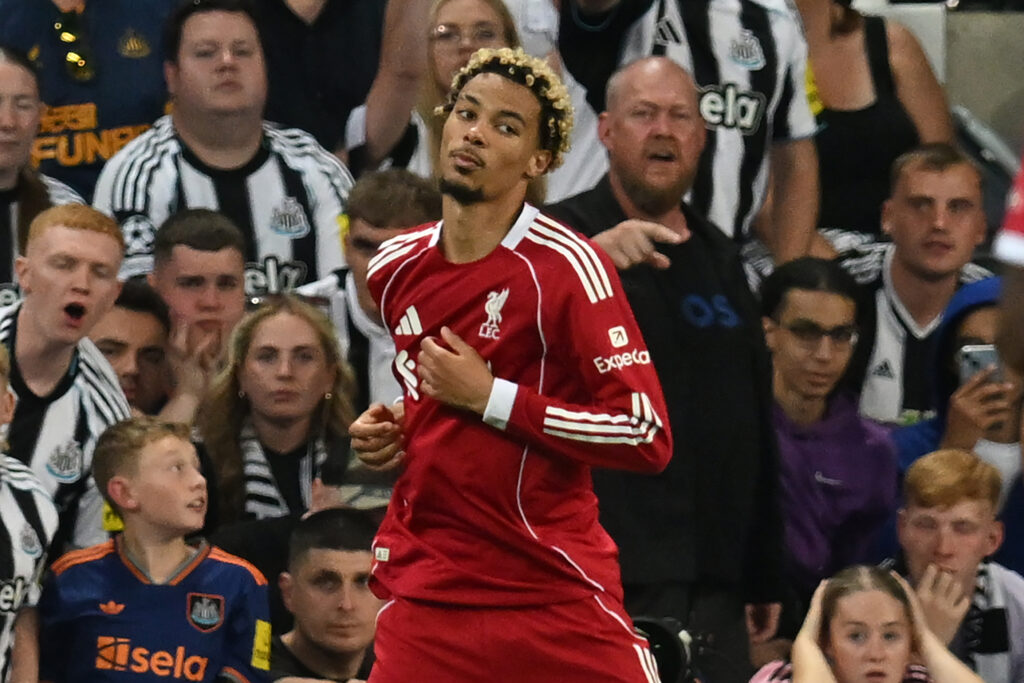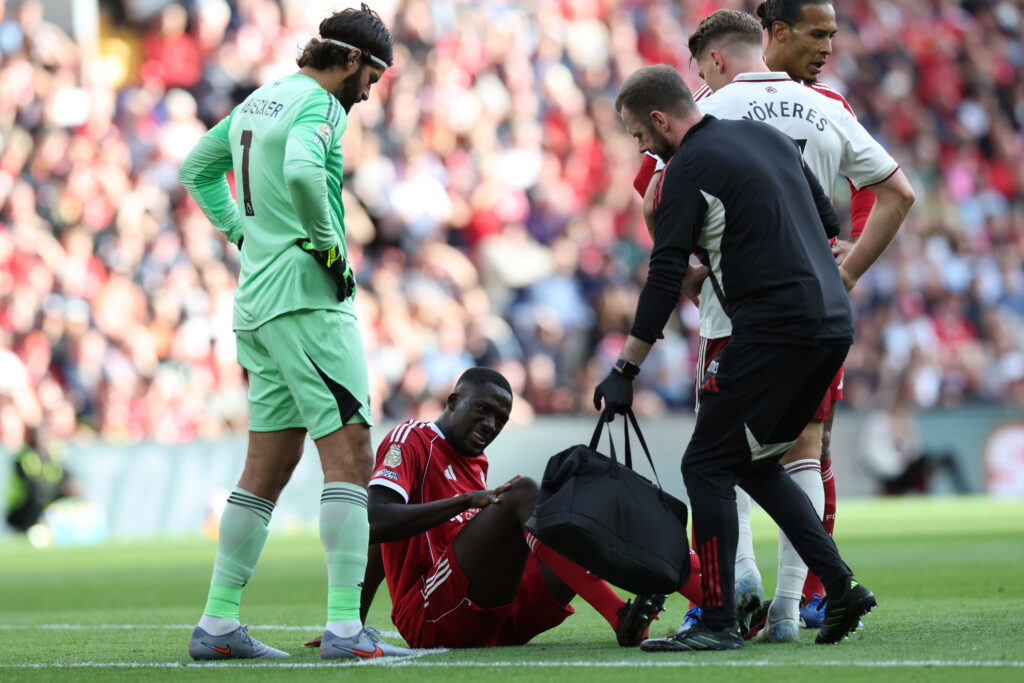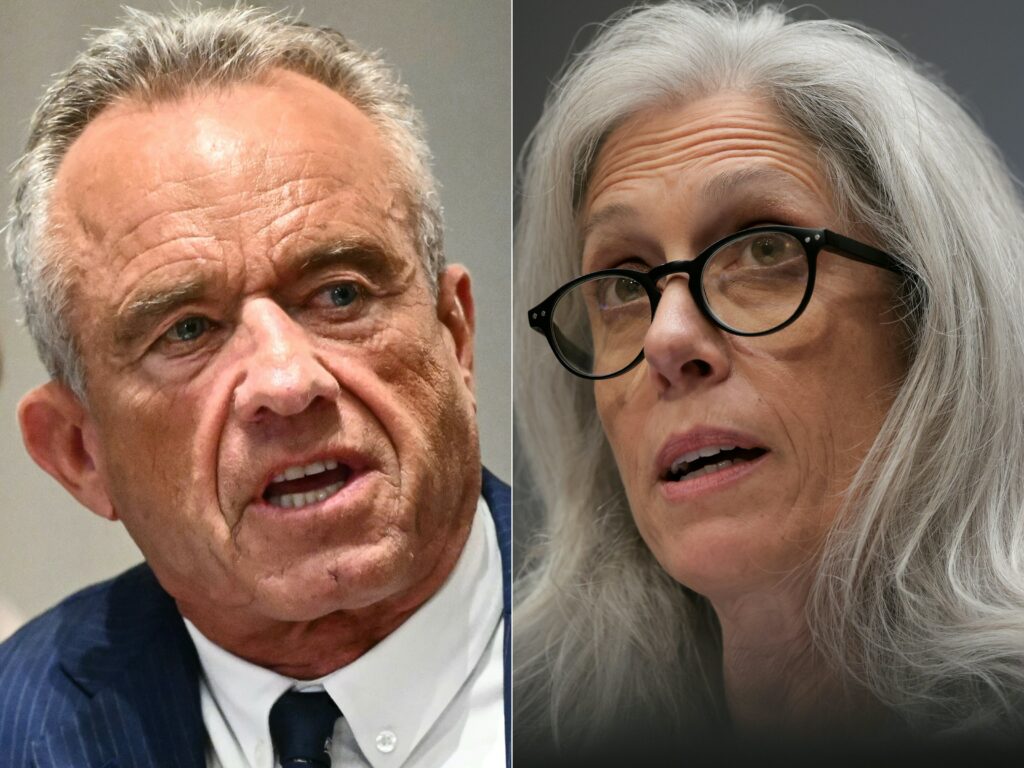Darmanin, entre mise en garde et conseils de méthode, avant le 8 septembre et au delà
Gérald Darmanin a mis en garde dimanche, lors de sa rentrée politique à Tourcoing (Nord), contre “l’instabilité” politique avant le vote de confiance du 8 septembre, disant craindre pour “les institutions du général De Gaulle” et adressant des signes d’ouverture au PS.Il n’y a pas eu, contrairement à l’habitude, de nombreuses propositions dans le discours de clôture du Garde des Sceaux dans son fief du Nord. La faute à l’instabilité politique et à la grande précarité du gouvernement avant l’épreuve parlementaire du 8 septembre.Il n’y eut guère non plus de références aux tables rondes organisées tout au long d’une journée parfois pluvieuse au jardin botanique de la ville, consacrées à la parentalité, à la santé mentale et à “l”assignation à résidence sociale”, pour cette rentrée organisée par son parti, Populaires.Pas davantage de déclaration de candidature à l’élection présidentielle, un bruit qui courait depuis plusieurs jours dans le monde politique, démenti la veille par l’entourage de M. Darmanin.Ni d’acte de candidature trop explicite pour Matignon dans le cas, probable, où le gouvernement Bayrou viendrait à être renversé, la même source assurant que le ministre de la Justice n’était “pas dans cette optique” et souhaitait avant tout rester Place Vendôme.Mais, néanmoins, quelques avertissements aux oppositions, et quelques pistes politiques pour la suite des opérations.”Bien sûr, ce gouvernement doit faire des efforts, doit tendre la main, doit peut être modifier — le Premier ministre l’a dit lui même — un certain nombre de propositions. Mais quel coup, quel abîme, quel hématome que de jouer au jeu politique de l’instabilité institutionnelle”, a déclaré M. Darmanin devant quelques centaines de personnes (1.500 selon les organisateurs).”Lundi prochain se jouent en partie les institutions du général De Gaulle. Si nous retombons dans l’instabilité de la Quatrième République (…) alors ce sont les institutions du général de Gaulle, nos institutions, (…) qui potentiellement seront remises en cause”, a estimé M. Darmanin.- “Empathie sociale” -“La France, qui est un immense pays avec un immense peuple, est tout à fait capable de relever ce défi, à condition que nous soyons responsables”, a-t-il dit, s’adressant au Parti socialiste, “un grand parti d’opposition responsable”, mais aussi aux Républicains (LR), son ancienne formation, “dont on n’imagine pas un seul instant qu’ils ne puissent pas soutenir le gouvernement”.”L’écueil de Bayrou, comme Barnier, c’est de ne pas avoir choisi avec qui négocier la non-censure. Aujourd’hui c’est avec le PS qu’il faut discuter”, appuie un de ses proches.La tâche semble quasi-impossible pour François Bayrou, le premier secrétaire du PS Olivier Faure ayant réaffirmé dimanche l’intention des socialistes de voter contre la confiance. Mais la méthode pourra être employée pour son successeur.Pour l’élu du Nord, “gaulliste social” revendiqué, “tout le monde doit faire des efforts. Les élus, sans doute, les gens qui ont de l’argent, bien sûr, les entreprises évidemment, mais aussi tous ceux qui doivent travailler davantage”.”Peut-être que l’empathie sociale est désormais l’enjeu des prochains mois et, je l’espère, des prochaines années”, a lancé celui qui a, à plusieurs reprises, souhaité une “inflexion sociale” de l’exécutif et critiqué le côté technocratique de la macronie, qu’il a rejointe en 2017.”Gérald Darmanin incarne la justice sociale qui n’est pas la revanche fiscale et qui est compatible avec la politique de l’offre menée par Emmanuel Macron”, a plaidé auprès de l’AFP l’un de ses proches, le député Renaissance Mathieu Lefèvre. Un bon CV pour Matignon ?Sept collègues du gouvernement avaient fait le déplacement, dont le ministre des Armées et ami de longue date, Sébastien Lecornu, pour cette troisième rentrée de Tourcoing.Ayant pris quelque distance avec Renaissance désormais dirigé par Gabriel Attal, proche d’Edouard Philippe mais parfois critique de sa démarche, M. Darmanin ne fait pas mystère de son intention de présenter un projet en vue de 2027.Il a par ailleurs indiqué à La Voix du Nord qu’il serait candidat aux élections municipales, en tête de liste ou en numéro deux derrière sa successeure Doriane Bécue. Décision définitive en janvier.






